Kenya
Ten years have gone by since the Westgate Mall attack in the Kenyan capital, but Nairobi resident, Lori Awat, remembers it like it was yesterday.
She was at the upscale shopping centre on 21 September 2013, when al-Shabaab extremists attacked. She was 23 at the time, and had just graduated.
Lori had gone into the bank to draw money for a rugby tournament she was going to watch with her two of her cousins.
She says everything happened in a split second.
"I heard some commotion behind me. I turned back and what I saw were people running. I couldn't see my cousins."
Lori says she still remembers the desperate prayers of people around her during the four harrowing hours she spent hiding under a table in its lobby.
"There was a shooter right outside the bank, the glass doors, I did not turn my head to look but I could hear the shells falling. And that tells me if you hear the shells, the shooter is right there,” she said.
Lori and her cousins were among more than 1,000 people rescued from the Westgate carnage.
She says her life has changed a lot since then, and she has started to make many “live for the moment type of choices", but that talking about the siege has helped her heal.
"It did affect my perception of the world because up to then I was young, I was like 22, 23. Up to then everything had been nice and easy. A nice, normal middle-class life,” she says.
“But when something like that happens, now I started to really look at things like wars, things like death, mass death genocide. I started getting into this mind set of thinking about these things, why do they happen, where are they happening."
The attack took place at midday on a Saturday when the mall was teeming with shoppers. Gunmen stormed the four-storey building spraying machinegun fire and tossing grenades as people fled in a panic.
The siege lasted for some 80 hours before security forces gained control. Al-Shabaab said the attack was in retaliation for Nairobi's military intervention in Somalia.
It was the second most deadly attack in Kenya's history, surpassed only by Al-Qaeda's bombing of the US embassy in Nairobi in 1998 that killed 213 people.




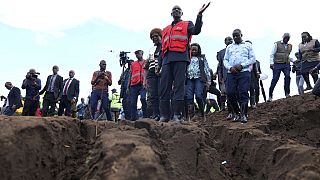
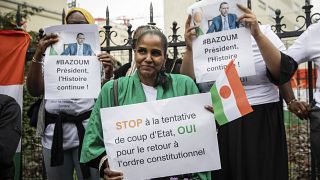

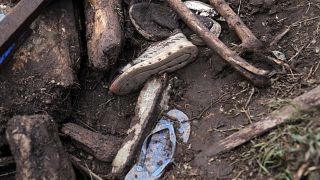

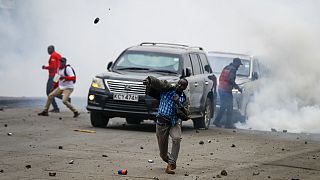
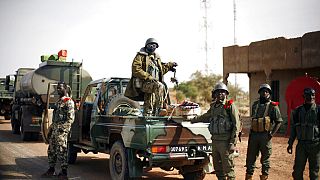

01:02
Pics of the day: April 29, 2024
00:53
At least 45 people die in western Kenya after flood waters sweep across villages
01:29
Kenya: Several people feared dead after boat capsizes in flood-hit east
01:09
Ethiopia, Kenya dominate Madrid marathon
01:13
More rain expected in Kenya where weeks of floods have left scores dead
02:15
Plastic pollution: High expectations in Kenya as global treaty talks underway in Canada